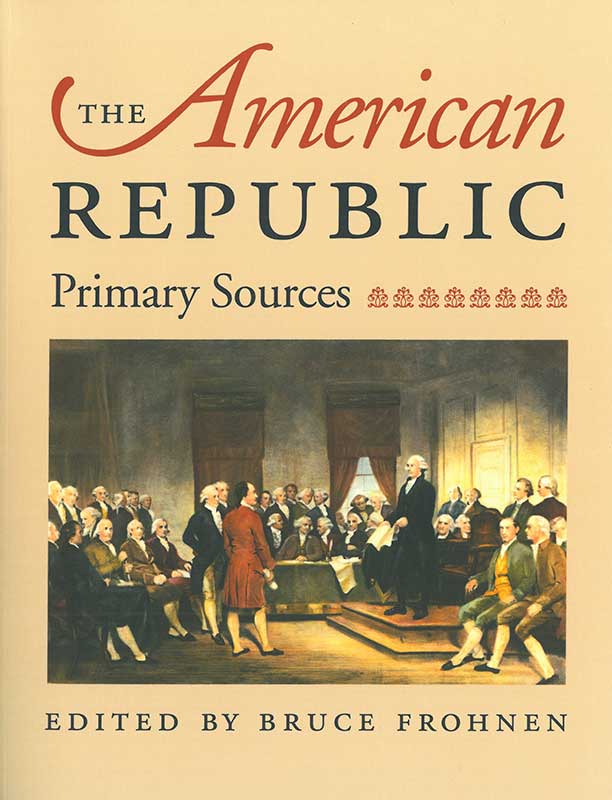
The American Republic: Primary Sources
- Bruce Frohnen (editor)
The American Republic is an excellent textbook for classroom use which provides, in a single volume, critical, original documents revealing the character of American discourse on the nature and importance of local government, the purposes of federal union, and the role of religion and tradition in forming America’s drive for liberty.
Key Quotes
Presidents, Kings, Tyrants, & Despots
8th. … that if the acts before specified should stand, these conclusions would flow from them; that the general government may place any act they think proper on the list of crimes and punish it themselves whether enumerated or not enumerated by the constitution as cognizable by them: that they may…